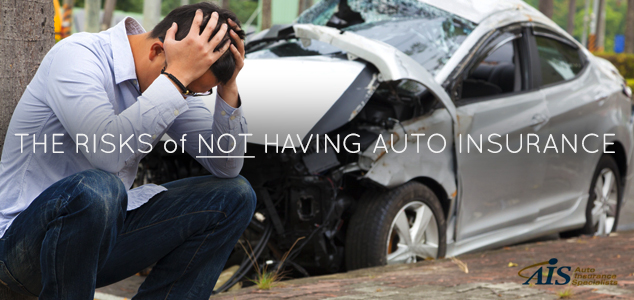You’re sitting in the passenger seat of your mom’s car waiting for her to take you to your best friend’s house. You’re fifteen and a half. This means you can get your driver’s permit and soon you can get your driver’s license, too. Your friend just turned sixteen and got her license, but her parents can’t afford to buy her a car. Plus, they don’t want to put her on their Auto Insurance and pay for her gas.
Everybody drives, right? It’s the next step… Or is it? You think to yourself, “I don’t really need my driver’s license. My school is five minutes away and all of my friends live nearby. My parents probably won’t even get me a car, and I’m pretty sure Car Insurance is really expensive. How would I afford to pay for gas?â€
So, you decide to wait.
Why Millennials & Generation Z Don’t Want to Drive
If you’re part of the millennial generation, that might have been your thought process a few years ago. And if you’re part of Generation Z, that might be your thought process now. Guess what? You’re not alone. Nowadays, the decision to wait to get a driver’s license is becoming more and more common for teens. Sixteen-year-old drivers are becoming an anomaly. More people are waiting until they are eighteen, nineteen, or even in their twenties before taking a driver’s test.
 Shockingly, the percentage of high school seniors with a license fell from 85% in 1996 to 73% in 2010. The recession most likely decreased the number of teens obtaining their driver’s licenses. This is because the cost of cars, gas, and Auto Insurance increased, along with the rise in teen unemployment. According to The Atlantic, 37% of teens felt that owning and maintaining a vehicle is just too expensive.
Shockingly, the percentage of high school seniors with a license fell from 85% in 1996 to 73% in 2010. The recession most likely decreased the number of teens obtaining their driver’s licenses. This is because the cost of cars, gas, and Auto Insurance increased, along with the rise in teen unemployment. According to The Atlantic, 37% of teens felt that owning and maintaining a vehicle is just too expensive.
In fact, teens in families with higher incomes are much more likely to get their licenses than those in low-income families. Most likely, those parents are able to afford purchasing a vehicle for their teens, adding them to their Auto Insurance cost and also providing gas money.
Teens Are Just Fine Without A Car
With the high costs and responsibility that comes with driving a car, millennials and Generation Z simply have a different mindset about driving. About 31% of teens prefer to rely on their parents to drive them to school, to practice and to hang out with their friends. And parents don’t mind driving their teens around because it means their sixteen-year-old’s aren’t driving on dangerous highways with little experience. Even with all the advanced car safety features in the world, parents will always worry about their teens on the road. Plus, the longer your teen waits to drive, the longer you get to wait to avoid a spike in your Car Insurance premium.
 In many ways, this new generation of teens thinks differently. Getting into college and keeping up with social media are higher priorities than getting a driver’s license. Not to mention keeping up with the latest Netflix shows and movies. As many as 37% of teens say they are too busy and don’t have the time to get a driver’s license. Instead of stressing out about paying for a car, gas, Auto Insurance and college parking passes, teens are increasingly relying on other transportation like Uber and Lyft. Millennials and Generation Z will continue to change social norms, particularly around driving.
In many ways, this new generation of teens thinks differently. Getting into college and keeping up with social media are higher priorities than getting a driver’s license. Not to mention keeping up with the latest Netflix shows and movies. As many as 37% of teens say they are too busy and don’t have the time to get a driver’s license. Instead of stressing out about paying for a car, gas, Auto Insurance and college parking passes, teens are increasingly relying on other transportation like Uber and Lyft. Millennials and Generation Z will continue to change social norms, particularly around driving.
Get Affordable Car Insurance
If your teen driver does actually want to get their driver’s license, it’s true that putting them on your Car Insurance can be pricey. However, our Insurance Specialists are here to help you find the best coverage for the best price. Call AIS today at (855) 919-4247 for a free quote and to see if you’re eligible for a discount.
The information in this article is obtained from various sources. This content is offered for educational purposes only and does not represent contractual agreements. The definitions, terms and coverage in a given policy may be different than those suggested here. Such policy will be governed by the language contained therein. No warranty or appropriateness for a specific purpose is expressed or implied.


